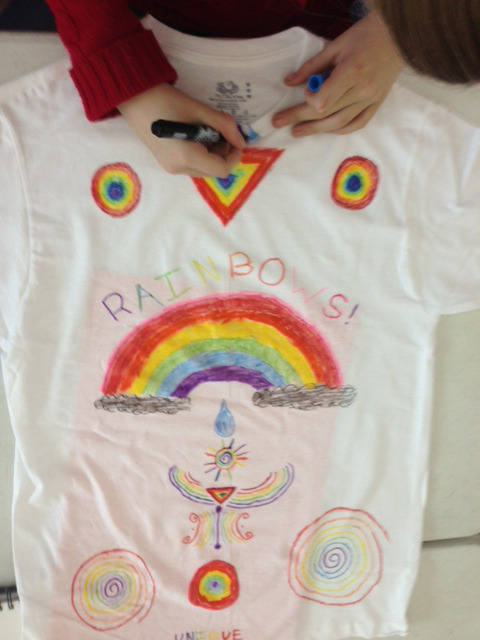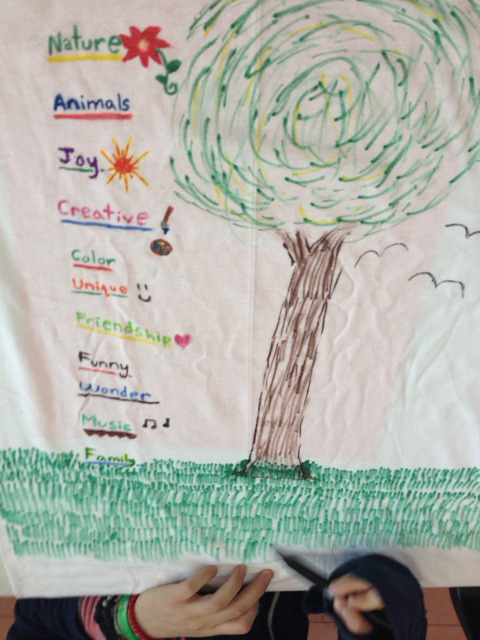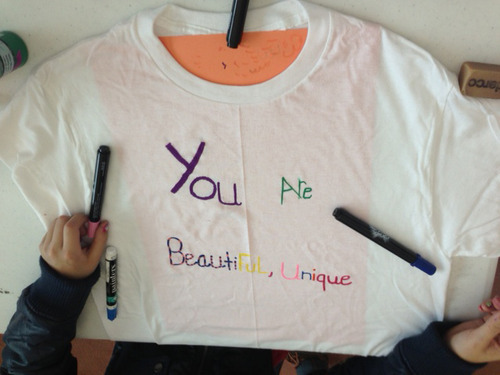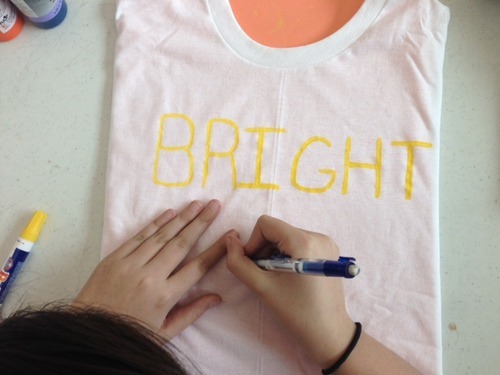No Name-Calling Week in Upper Elementary
No Name-Calling Week took place last week, January 21st – 25th. GLSEN (the Gay, Lesbian, Straight, Education Network) created No Name-Calling Week as a way to launch on-going dialogues in schools about name-calling of all kinds and provide schools with the tools and inspiration to do so.
A national survey conducted by GLSEN in January, 2012 showed that “School climate and victimization can affect student educational outcomes and personal development at every grade level.”
Some results from the survey are as follows. The percentages refer to the amount of students and teachers who heard this language regularly*:
· Most common forms of biased language in elementary schools, heard regularly by both students and teachers, are:
- The use of the word “gay” in a negative way, such as “that’s so gay” - Students: 45%; Teachers: 49%
- Comments like “spaz” or “retard” - Students: 51%; Teachers: 45%
- Homophobic comments; using offensive terms for the word “gay” or “lesbian” - Students: 26%; Teachers: 26%
- Negative comments based on race/ethnicity - Students: 26%; Teachers: 21%
· 75% of students report that students at their school are called names, made fun of, or bullied with at least some regularity. The most common reasons are:
- Looks or body size (67%)
- Not being good at sports (37%)
- How well they do their schoolwork (26%)
- Not conforming to traditional gender norms/roles (23%)
- Other people think they’re gay (21%)
The Upper Elementary students had a discussion about No Name-Calling Week in their classroom, and when presented with these statistics, felt that they were not true at Abintra. They felt that name-calling was much less common due to the closeness of the community, small class sizes, and supportive guides.
As a follow-up to their discussion on name-calling, the UE students created “shirts of empowerment” during art. These shirts displayed their chosen empowerment words and symbols that would give them strength and confidence when others challenged their characters. These shirts represented the aspects of their identities that they were proud of and that made them feel unique. The students created shirts that not only empowered themselves, but also empowered and inspired those that viewed them.
-- By Emily Allen
*Taken from the article “GLSEN Releases Groundbreaking Study of Bias, Bullying and Homophobia in Grades K-6,” Jan 18, 2012. http://www.glsen.org/playgroundsandprejudice.html?





Comments
Post a Comment